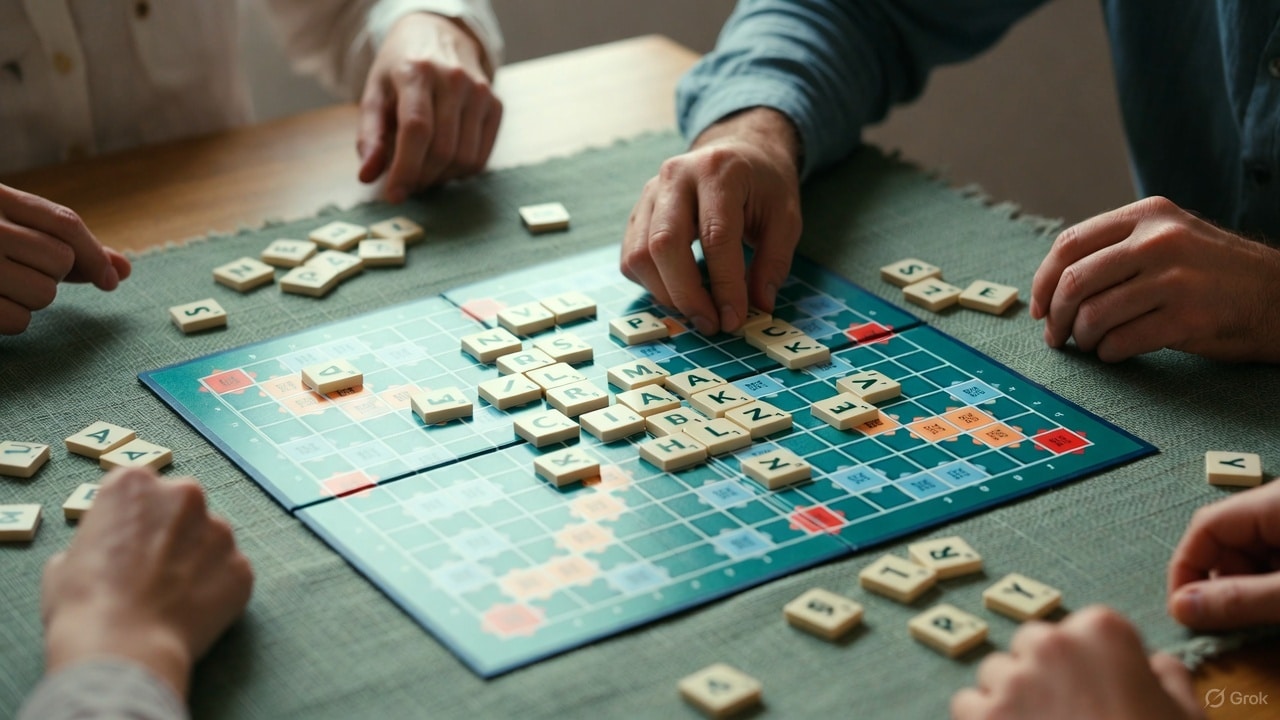Table of Contents
Brain games have long been a popular way to engage the mind and promote cognitive health. These games offer a combination of entertainment and mental stimulation, appealing to a wide audience interested in improving memory, concentration, and problem-solving skills.
The rise of digital platforms has made online brain games more accessible, allowing users to engage with them anywhere and anytime. This accessibility has led to a surge in popularity, as individuals seek out ways to keep their minds sharp in an increasingly digital world.
The origins of brain games: from ancient puzzles to digital play
The concept of brain games dates back centuries, with puzzles and strategy games featured prominently in the recreational activities of various cultures. The intent has always been to challenge the mind, fostering an environment for intellectual growth and entertainment.
With the advent of computers, the traditional board games and puzzles transitioned into the digital realm, paving the way for interactive and engaging experiences that expanded their reach and complexity.
Evolution and innovation in online cognitive gaming
The development of online brain games introduced new dynamics, with creators leveraging technology to enhance cognitive challenges. Innovations such as real-time feedback and adaptive difficulty levels have set the stage for personalized experiences tailored to individual skills and progress.
Games like outspell word game, a popular word game, exemplify these advances by combining traditional wordplay with digital enhancements. Such games not only entertain but also serve educational purposes, improving vocabulary and language skills.
The digital era of brain training
Today, brain games occupy a significant place in the digital landscape, favored by a diverse audience ranging from casual players to those dedicated to cognitive training. Platforms hosting these games have expanded their offerings to include varied genres that cater to different intellectual demands and preferences.
The integration of mobile applications has further broadened their appeal, ensuring that players can engage with these games on the go, thus integrating cognitive exercises into daily routines.
The lasting impact of brain games on mental health and social connection
Brain games hold substantial importance in promoting mental agility and cognitive longevity. They offer more than mere pastime activities, contributing to mental health by providing structured cognitive challenges that can sharpen thinking skills and enhance memory.
Furthermore, the social aspect of some multiplayer games fosters communication and collaboration, adding a layer of social interaction that can enrich the gaming experience.
Looking ahead: the enduring appeal of cognitive play
In summary, brain games serve as a versatile tool for cognitive development and entertainment, blending education with engagement. Their ongoing evolution continues to captivate users worldwide.
As interest grows, these games remain a relevant and valuable part of both individual leisure and educational activities, offering insights into human cognition and providing endless opportunities for intellectual engagement.

